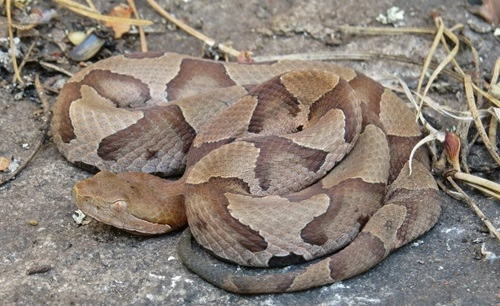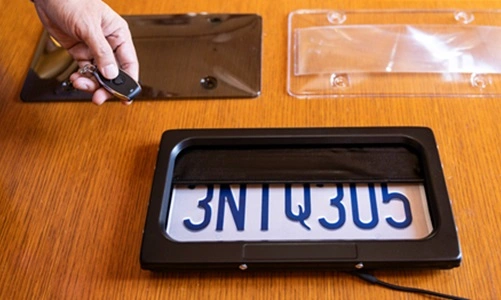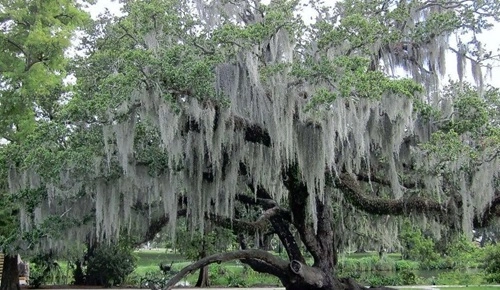No, it is not illegal to kill a copperhead snake in North Carolina, but it should be done only when necessary, such as in situations that pose a direct threat to human safety. Copperheads are one of six venomous snake species in the state, and while they are not protected under state law, their role in the ecosystem makes it advisable to avoid killing them unless absolutely required.
Understanding Copperheads and Their Legal Status
Copperheads (Agkistrodon contortrix) are a common venomous snake species in North Carolina, known for their distinct copper-colored bands. They inhabit a variety of environments, including forests, fields, and residential areas. Although they are venomous, their bites are rarely fatal and they generally avoid human interaction.
1. Copperhead Snakes Are Not Protected in North Carolina
Unlike other snake species, copperheads are not listed as endangered, threatened, or of special concern under the North Carolina Wildlife Resources Commission (NCWRC) regulations. This means killing a copperhead snake does not violate any state wildlife protection laws.
2. General Rule for Killing Wildlife
North Carolina law generally prohibits the unnecessary killing of wildlife. While copperheads are an exception to many state protections, killing them when they are not posing a direct threat is discouraged. Snake conservation efforts emphasize education and non-lethal removal whenever possible.
When Killing a Copperhead May Be Justified
1. Immediate Threat to Humans or Pets
Killing a copperhead is justifiable if it poses an immediate danger, such as being located near homes, playgrounds, or areas frequented by pets. These situations often occur when copperheads are accidentally disturbed or found hiding in residential areas.
2. Agricultural and Property Protection
Property owners encountering copperheads near livestock, barns, or storage areas may take action to protect their property. However, preventive measures like habitat modification and barriers are recommended before resorting to lethal methods.
3. Unavoidable Encounters
If a copperhead is encountered in a situation where non-lethal removal is not feasible or safe, killing it may be the only option to ensure human safety.
Non-Lethal Alternatives for Handling Copperheads
Despite the legal allowance to kill copperheads, wildlife experts recommend non-lethal methods as the first course of action:
1. Relocation
Many professional wildlife control services offer safe and humane snake relocation services.
2. Habitat Modification
Reducing the likelihood of copperhead encounters can be achieved by:
- Clearing debris and woodpiles where snakes may hide.
- Keeping grass and shrubs trimmed.
- Removing food sources like rodents, which attract snakes.
3. Use of Deterrents
Snake repellents and fencing can help keep copperheads away from homes and high-traffic areas.
4. Education and Awareness
Understanding snake behavior and recognizing copperheads can reduce fear and unnecessary killings. Copperheads are generally non-aggressive and will strike only if threatened or provoked.
Penalties for Killing Protected Snakes
While it is legal to kill copperheads in North Carolina, killing other snake species protected under state law, such as the Eastern Diamondback Rattlesnake or the Carolina Pigmy Rattlesnake, can result in fines and legal consequences. Property owners are encouraged to verify the species before taking action.
Recent Legal Updates (2023-2024)
1. Enhanced Snake Education Programs
The NCWRC has launched public awareness campaigns focusing on the ecological benefits of snakes, including their role in controlling rodent populations.
2. Habitat Preservation Efforts
To reduce human-snake conflicts, North Carolina is increasing funding for habitat preservation projects that provide safe environments for snakes away from residential areas.
3. Encouraging Non-Lethal Solutions
Wildlife authorities are collaborating with pest control professionals to promote humane snake removal and deterrent methods.
FAQs About Killing Copperheads in North Carolina
Q1. Is it illegal to kill a copperhead in North Carolina?
Ans: No, killing a copperhead is not illegal. However, non-lethal methods are recommended unless the snake poses an immediate threat.
Q2. Are copperheads protected under North Carolina law?
Ans: No, copperheads are not protected and can be legally killed without a permit.
Q3. What should I do if I encounter a copperhead?
Ans: If it’s not posing a threat, leave it alone or contact a professional for safe removal. For safety, avoid handling the snake yourself.
Q4. Are there penalties for killing other snakes in North Carolina?
Ans: Yes, killing protected species like the Eastern Diamondback Rattlesnake or non-venomous snakes can result in fines and legal action.
Q5. How can I prevent copperheads from entering my property?
Ans: Maintain a clean yard, remove debris, seal gaps in fences, and reduce rodent populations to make your property less attractive to snakes.


